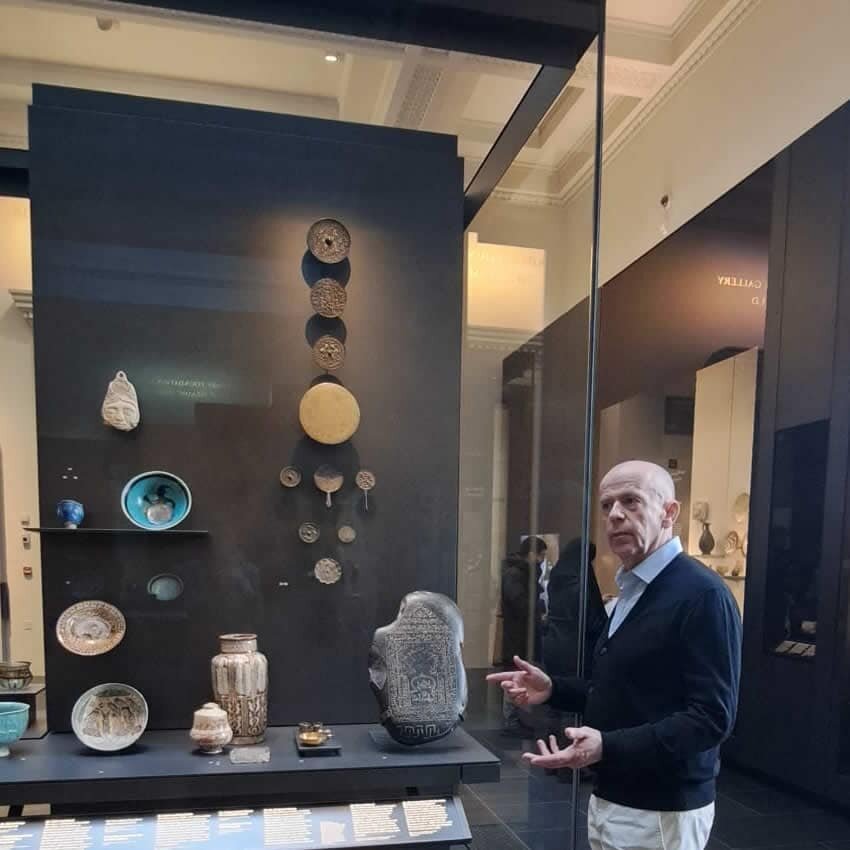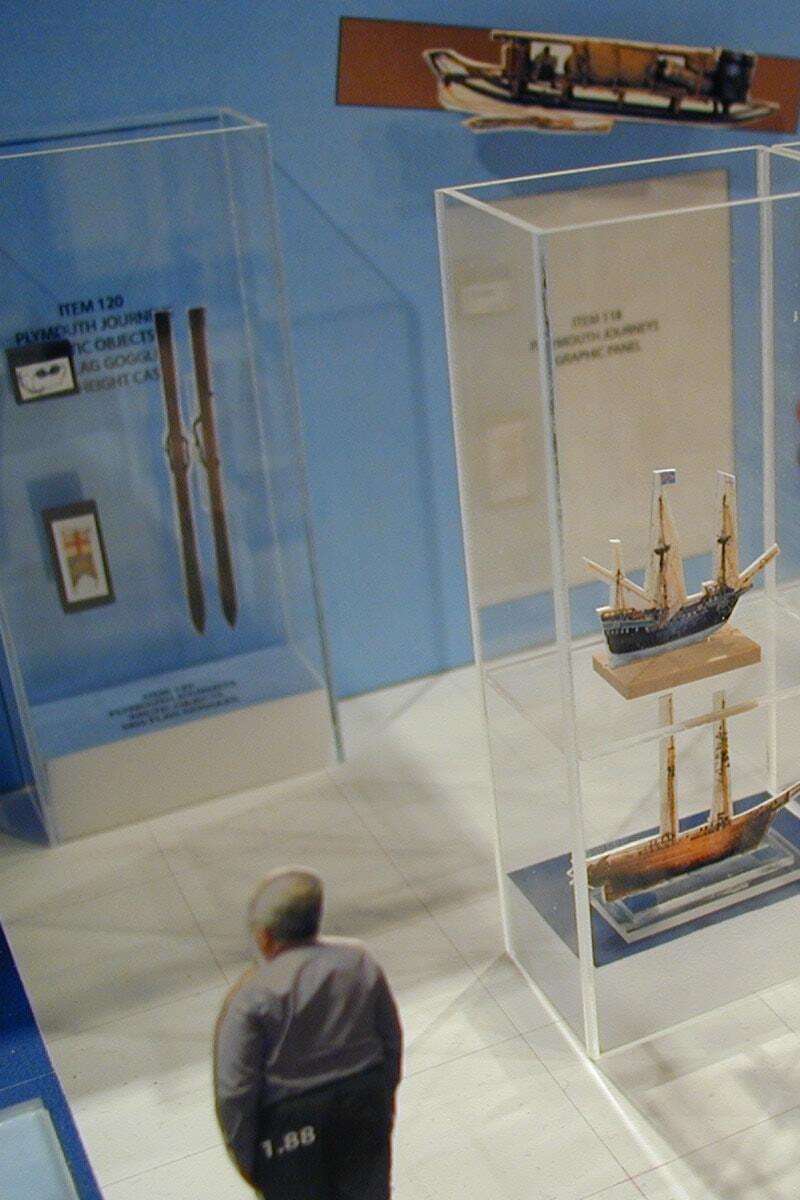The Display Case Series
Museum Exhibition Display-Cases
Part 4: Acrylic or Glass Museum Display Cases
In this blog series, it is time to answer the question you have wanted to know since Invisible Museum Display Cases (Part 3), or maybe you have been trawling the internet in the meantime for the definitive answer to “What are the best materials to make museum display showcases from?”
Well, the answer is both; it depends on your circumstances that will determine what is suitable for your museum, exhibition, or display project.
For example, your shopping list for a permanent museum or gallery installation will be completely different if you have a travelling exhibition. Possibly, we should make a basic pros and cons list for each; that way, you can see my point. However, this can still make it a little bit ambiguous. For instance, weight might be an advantage for one project but a disadvantage for another.
Glass Advantages
Glass Disadvantages
This is not an all-inclusive list. Nonetheless, it gives you some of the most useful comparisons and now for acrylic.
Acrylic Advantages
Acrylic Disadvantages
Of course, these vary from manufacturer to manufacturer, and various companies might have one of their display cases that won’t have these issues. Nevertheless, in the main, they are a suitable standard to compare the two materials.
When comparing acrylic and glass, it is evident that acrylic has several advantages over glass, which makes it a popular choice for many museum and exhibition display cases. However, it’s essential to note that acrylic has its limitations, which may make it unsuitable for certain projects. On the other hand, glass is the permanent solution that is ideal for museums with large enough budgets, while acrylic is the best option for touring exhibitions.
Ultimately, the selection between acrylic and glass depends on the specific requirements of the project, such as the level of durability, weight, and cost. The Museum Exhibition Showcases series has come to an end, but you can continue to explore the topic further by visiting our museum display case page, where there is a comprehensive list of showcase and museum display case services.
If you have any questions, our team is available to help you. If you want to learn more about museum display cases, the previous three blogs in this series contain detailed information that may be beneficial. Check out the links below:

Cracking the Case: Museum Display Showdown Between Acrylic and Glass!

Read the entire museum display cases series
Part 1 – Display Cases Introduction
When you place a piece of glass or acrylic in between the visitor and the exhibition, a physical barrier has been established.
Part 2 – So is that Vitrines or Showcases?
If you find yourself in Europe and typically in the USA as well, one tends to use the term vitrines whether the showcases are made from acrylic or glass.
Part 3 – How to achieve invisible showcases
The process of achieving an effective showcase design, build and installation is not created in a vacuum. It requires a team of dedicated professionals to create something far more than the sum of its parts.
